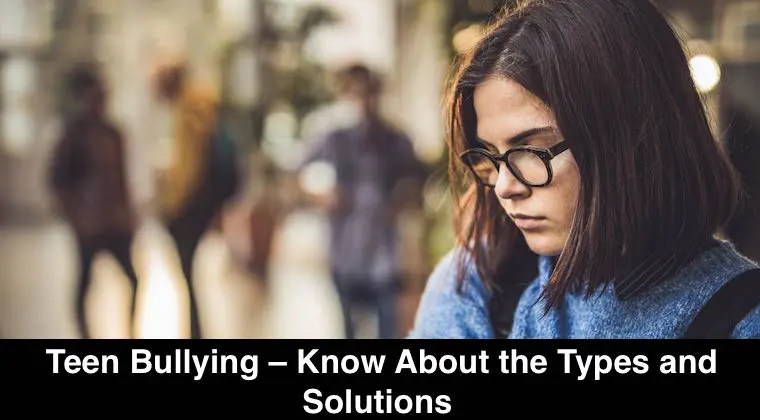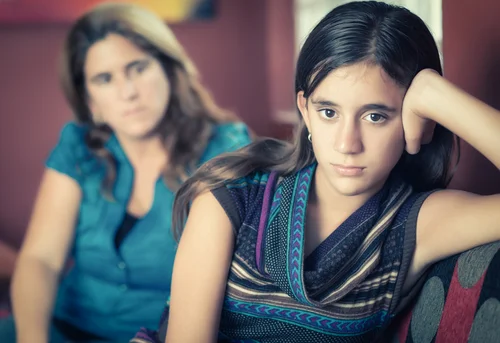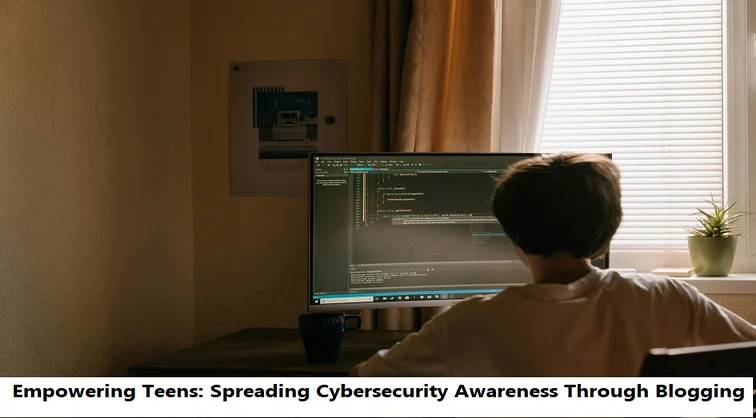+1 845 259 2974 (11 a.m to 7 p.m CST)
Teen Bullying – Know About the Types and Solutions

Teen bullying is a widespread issue affecting young people across the globe. It involves harmful behaviors, like physical harm, verbal insults, social exclusion, and online harassment. This negative interaction among teens can lead to serious emotional and physical consequences for the victim. Understanding and addressing teen bullying is crucial because it impacts not only the individuals involved but also the overall environment in schools and communities.
Recognizing the signs of bullying and taking prompt action is essential for parents, educators, and peers. It helps in creating a supportive and safe space for everyone. Addressing this issue head-on promotes a culture of respect and kindness. Furthermore, it emphasizes the importance of empathy and understanding among teenagers. By tackling bullying effectively, we can ensure a healthier, more inclusive environment for our young people to grow and thrive in.
Types of Bullying
There are various types of bullying that can hurt your kid, such as:
Physical Bullying
Physical bullying involves direct actions that cause harm to another's body. Examples include hitting, pushing, or any form of physical assault. This type of bullying is not only harmful physically but also impacts the emotional wellbeing of victims, leaving both visible and invisible scars.
Verbal Bullying
Verbal bullying uses harsh words to demean and control others. It includes name-calling, teasing, and insults aimed at belittling the victim. The damage from verbal bullying can deeply affect a person's self-esteem and lead to long-term psychological effects.
Social Bullying
Social bullying, or relational bullying, undermines a person's social standing and relationships. Through spreading rumors or intentionally excluding someone from a group, bullies isolate their victim. This isolation can lead to severe feelings of loneliness and depression.
Cyberbullying
Cyberbullying occurs in the digital world, utilizing platforms like social media to harass or embarrass someone. Because of its public and often anonymous nature, cyberbullying can spread quickly and leave lasting damage to a person's reputation and mental health.
Effect of Bullying on Teens
If you notice closely, bullying can have a lot of negative effects on teens and these effects last longer than parents can imagine.
Emotional Distress
The emotional toll of bullying on teens is significant. Many victims experience heightened levels of anxiety and depression, which can affect nearly every aspect of their daily lives. Additionally, their self-esteem may suffer, leading to a negative self-perception. The constant stress and worry about being bullied can make it hard for them to enjoy activities they once loved, impacting their overall happiness and mental health.
Academic Impact
Beyond the emotional effects, bullying can severely impact a teen's academic life. Victims often experience a decline in grades, as the stress and anxiety associated with bullying can make it difficult to concentrate on studies or participate in class. Moreover, the fear of encountering bullies at school may lead some teens to avoid school altogether, resulting in missed classes and falling even further behind academically.
Social Withdrawal
Socially, the repercussions of bullying can lead to isolation and loneliness. Teens who are bullied might withdraw from their peers, avoiding social interactions out of fear of being bullied or because they feel they no longer fit in. This withdrawal can make it challenging for them to form new friendships or maintain existing ones, further isolating them and potentially leading to long-term social difficulties.
What can Parents Do?
Parents and educators can take a step forward to guide the kids better and to help them deal with the situation as well.
Open Communication
Parents and educators should encourage open communication, creating a safe environment for teens to share their experiences. By actively listening, they can provide the necessary support and guidance, making teens feel understood and valued.
Education
Teaching empathy and kindness is crucial. Through education, teens learn to appreciate the impact of their actions on others, fostering a more inclusive and supportive community.
Policies and Rules
Establishing clear anti-bullying policies in schools is essential. These rules not only deter bullying behavior but also provide a structured approach to addressing incidents, ensuring a safe educational environment for all students.
Professional Help
Seeking professional help for affected teens can be beneficial. Counseling or therapy offers a space for them to process their experiences and develop coping strategies, contributing to their emotional healing and resilience.
How can Monitoring Apps Help?
Monitoring apps can help parents keep an eye on their teens' online activities, offering protection from cyberbullying and unsafe online behavior. Key points include:
- They allow tracking of social media use and online interactions.
- Benefits include safeguarding against cyber threats and enabling timely parental intervention.
- Concerns involve privacy and the need for maintaining trust between parents and teens.
- It's advised to choose apps that are both effective and respectful of privacy, promoting open dialogue about their use.
This approach balances safety with trust, ensuring teens feel supported rather than surveilled.
Tackling teen bullying requires a multifaceted approach that includes understanding its various forms, recognizing its significant impacts, and implementing effective solutions. Open communication, education on empathy, establishing clear policies, and seeking professional help are crucial steps for parents and educators in creating a supportive environment for teens. Additionally, the judicious use of monitoring apps can play a significant role in safeguarding teens from online threats, provided privacy concerns are carefully managed and trust is maintained. By working together, we can foster a culture of kindness and respect, where every teen feels safe, valued, and empowered to reach their full potential.





















